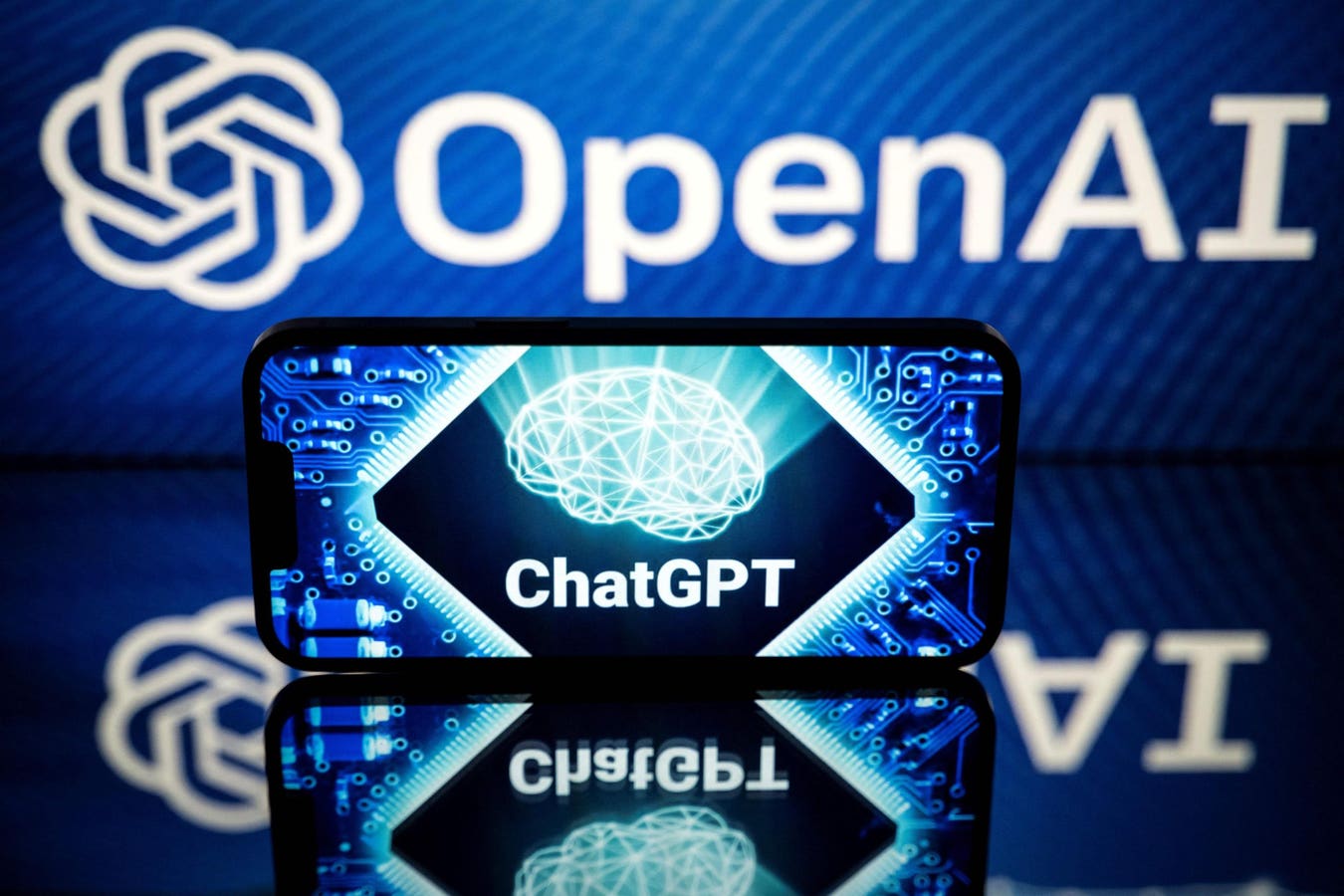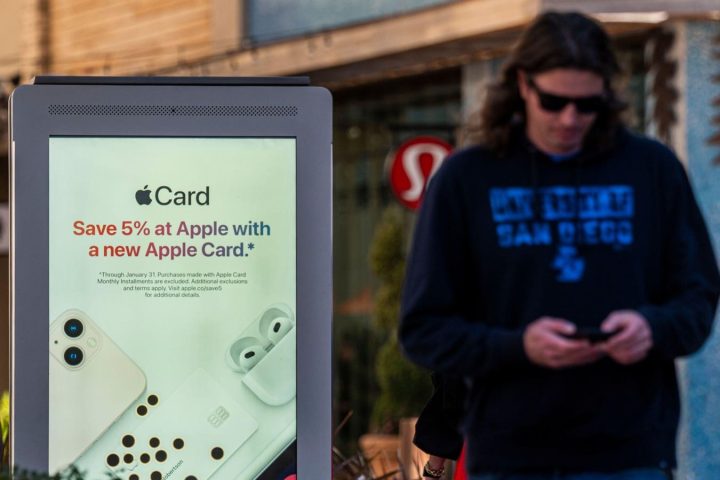Personalization has been a game changer in the world of advertising. 80% of individuals who classify themselves as frequent shoppers say that they only shop with brands who personalize their experience. AI platforms like Memorable are reshaping ad landscapes with innovative tools designed to enhance personalized ad strategies. As the AI-driven advertising landscape evolves, fintech platforms must brace for potential transformations in consumer spending behavior and ensure seamless customer journeys.
Why personalization matters
Large language model (LLM) applications have typically been at the forefront of generative AI discussions. These systems consume massive amounts of data to learn billions of parameters, enabling them to take an input text and predict a specified output. However, applications of the broader technology encompass an array of sectors, including advertising. With the rapid advancement of generative AI for images and videos, the marketing world has seen a deluge of content flooding the market. Yet, marketers continue to face the daunting challenge of investing in the right content – ad creatives that not only maximize performance but also contribute to brand building without stretching budgets thin. Personalized advertising is the key to winning hearts and minds, and tapping into a greater share of consumer’s wallets.
Machine learning enables advertisers to identify audience behavior patterns more effectively. AI models are able to more rapidly analyze a plethora of consumer data to make more informed decisions about the type of content a cohort may want to see. This, in turn, leads to increased engagement and increased conversion opportunities. 64% of AI adopters say that they believe AI technologies enable them to generate competitive advantage. Targeting the right audiences can help improve advertising efficiency, allowing companies to more efficiently allocate dollars and resources to boost their overall bottom line.
Who are the key players?
A growing number of early-stage companies have been developing AI tools to help marketers improve their personalization efforts. Although still in their infancy, these platforms have garnered interest from a spate of prominent investors, including TenOneTen, Plug and Play Tech Center, and LDV Capital. They have also caught the attention from prominent consumer product powerhouses like L’Oreal, who have partnered with these startups to test their value propositions.
One platform, Memorable, has recently launched a tool that it hopes will revolutionize the ease of creating customized ads. Founded by Argentines Sebastian Acevedo and Camilo Fosco, PhD, Memorable trains machine learning models for brands to predict and optimize advertising creative performance. The company’s models are fine-tuned to the needs of specific brands and produce high-accuracy predictions for key media metrics, such as click-through rates and engagement. Founded in 2021, Memorable raised a $2.75 million pre-seed round the subsequent year.
How AI can improve ad performance
Since then, the company has run multiple experiments based on the latest cognitive research and new machine learning approaches to help accelerate the growth of its cognitive impact database. The result is their new product, Creative Compass, which addresses the personalization demands of advertisers in three key ways. First, Compass’ AI can analyze upper-funnel metrics like brand lift, memorability, attention, and distinctiveness, as well as lower-funnel metrics like view-through rate, engagement, and conversions. Second, Compass leverages creative data to enhance cost per acquisition (CPA) bidding by providing insights into which creatives perform best under various placement conditions with different target audiences. This can help advertisers optimize bidding decisions or replace underperforming creatives. Lastly, Compass offers clients a direct look at creative KPIs and provides AI-driven recommendations. This feature is especially valuable for platforms interacting with brands, offering clients predicted results, recommendations, and insights.
Ben Jones, the former Global Director of Creative Works, is enthusiastic about Compass’ prospects. “Compass fills a key gap as Gen AI tools come online,” he explained. “Generative can crank out ads, but without the intelligence to shape them to be effective, marketers will be flooded with more, but not necessarily better.”
AI’s effect on consumer wallets
A key question remains: will more targeted ads entice more consumers to part with their hard-earned dollars? The answer is unclear. US retail sales fell for the first time this year in October. Although the month over month decline was a midst -0.1%, when taken in conjunction with the slowing jobs report, these figures suggest a cooling in consumption. However, signs that inflation is finally easing may serve as a respite for weary consumers. With the holidays around the corner, advertisers are likely chomping at the bit to test and learn from these new AI tools under the guise of festive ad campaigns.
What about fintech?
Amidst this ever-evolving AI landscape, fintech platforms must remain vigilant. If tools like Compass are successful in driving increased customer spending, the critical infrastructure layer underpinning successful financial transactions will be put to the test. End-to-end functions will need to run seamlessly to ensure that the customer maintains a frictionless experience at every point of the journey: from first viewing an ad, to purchase, to final receipt of the coveted item at his or her doorstep.
Although the exact shape of the generative AI future remains unclear, one thing is certain: your data has never been more valuable.
Read the full article here







